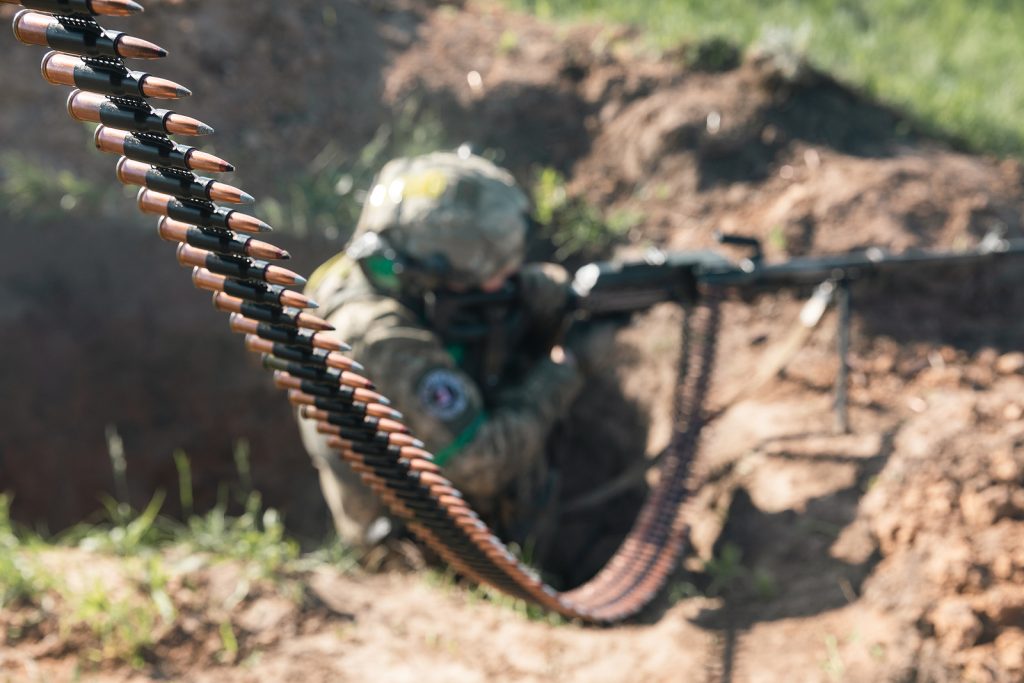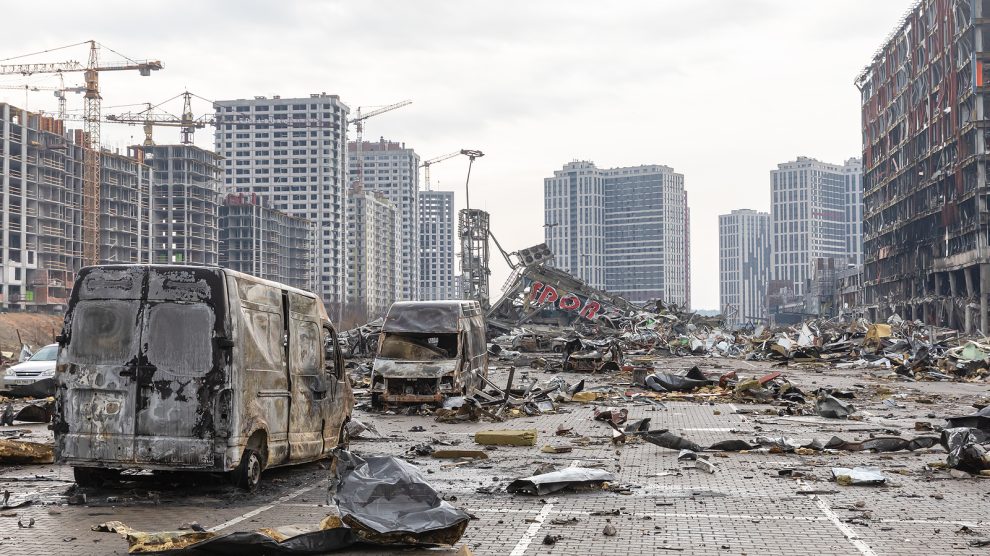Since the beginning of Russia’s war on Ukraine in 2014, and its escalation in 2022, a number of insightful books have been published that provide various perspectives on the situation. It should also be noted, however, that several awful books about the war have also been hurriedly published.
We have waded through both the good and bad to come up with these Five Essential Reads—all but one published since Russia’s full-scale invasion began in 2022—offering a range of analyses from historical backgrounds to personal accounts and geopolitical assessments
These five books collectively offer a multifaceted view of the war in Ukraine, from the personal to the political, from the historical to the contemporary. They are essential reading for anyone looking to comprehend the depth and breadth of this pivotal moment in European and global affairs.
The Russo-Ukrainian War, by Serhii Plokhy
A comprehensive and insightful analysis of Russia’s war from a renowned historian and professor at Harvard University. Plokhy traces the origins of the conflict to the historical, cultural, and political ties that have bound and divided Russia and Ukraine over centuries. He provides a detailed account of the events leading up to the war, including the significance of the Euromaidan protests, the annexation of Crimea by Russia, and the subsequent war in the Donbas region. Plokhy’s narrative is grounded in a deep understanding of the region’s history, yet it is also informed by a close reading of the current geopolitical climate.
The War Came to Us: Life and Death in Ukraine, by Christopher Miller
A superb account of the war in Ukraine, offering a ground-level perspective on the conflict from a seasoned journalist who has covered the country for many years. Miller’s writing is informed by his on-the-ground reporting, giving readers an intimate look at the realities of the war beyond the headlines. His accounts are supported by interviews, personal observations, and the lived experiences of those who are enduring the war’s daily realities. The War Came to Us is not just a chronicle of events but a testament to the human spirit in the face of adversity, a must-read for anyone seeking to understand the conflict and its effects on the people of Ukraine.
Ukraine’s Revolt, Russia’s Revenge, by Christopher M. Smith
A US diplomat stationed in Kyiv delivers a gripping eyewitness narrative of Ukraine’s 2013-14 anti-corruption revolution, Russia’s aggressive intervention, and the United States’ constrained involvement. The book encapsulates the intense period of the Euromaidan Revolution, offering insights from unpublished reports by US diplomatic and military experts, and delves into the intricate dynamics of Ukrainian politics, both at the high echelons and on the streets. The narrative is a stark confrontation of truth against lies, democracy versus autocracy, and highlights the global relevance of these themes in the face of Russia’s cyber warfare and political interference.

Overreach: The Inside Story of Putin’s War Against Ukraine, by Owen Matthews
A meticulously researched account of the war from an award-winning correspondent with over 25 years of experience in Moscow and deep family ties to both Russia and Ukraine. The book explores the enigma of Vladimir Putin’s transformation from a calculated strategist to what appears to be a reckless gambler, risking not only his regime but the stability of Russia itself. Matthews takes the reader through the corridors of the Kremlin, into the isolation of Putin’s Covid-19 bubble, and into the trenches of Mariupol, offering a panoramic view of the war’s causes and the unfolding of its first six months.
Russia’s War on Everybody: And What It Means for You, by Keir Giles
Giles, an expert on Russian military and security policy, offers a sobering analysis of Russia’s aggressive actions on the international stage, from military interventions to cyber warfare. He looks at the motivations behind Russia’s confrontational stance, exploring how historical grievances, strategic paranoia, and the desire to reclaim a great power status drive its foreign policy. Giles argues that Russia’s actions are not just regional concerns but part of a broader war against the established international order, and assesses the effectiveness of the West’s response to this challenge while offering insight into how countries and individuals can better understand and counter Russia’s tactics.
Unlike many news and information platforms, Emerging Europe is free to read, and always will be. There is no paywall here. We are independent, not affiliated with nor representing any political party or business organisation. We want the very best for emerging Europe, nothing more, nothing less. Your support will help us continue to spread the word about this amazing region.
You can contribute here. Thank you.







Add Comment